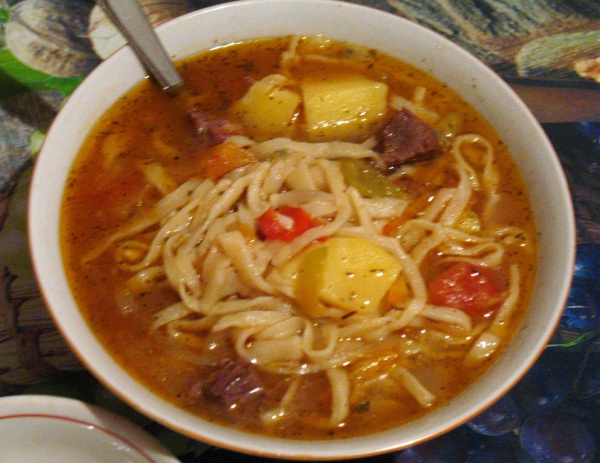Facts About Kesme
Kesme, also known as erişte in Turkish cuisine, is a delectable type of egg noodle enjoyed in various Turkic cuisines, including those of Kyrgyzstan and Kazakhstan. The name "kesme" is derived from the verb "to cut" or "to slice" which aptly describes the method used to create these noodles. This homemade dish is a labor of love, typically made with simple ingredients like flour, egg, water, salt, and milk. The dough is meticulously rolled out, sliced into strips, and dried before being cooked in a flavorful broth along with various other ingredients. Kesme is a cherished homemade specialty, rarely found in restaurants.
In Persian cuisine, a similar noodle called reshteh is made from whole wheat. These noodles are the star of traditional dishes such as reshteh polow (rice and noodle pilaf) and ash reshteh (noodle soup). Reshteh carries significant symbolic weight in Persian culture, representing the threads of life and family. They are especially important during the Persian New Year, when reshteh polow is commonly served.
Interestingly, traditional Arab cookbooks from the 13th and 14th centuries also mention "reshteh" for noodles. Nowadays, linguine or whole-wheat noodles are often used as substitutes in recipes calling for reshteh. Noodles, in general, hold a special place in many cultures, frequently associated with expressions of gratitude and significant journeys, including pilgrimages to Mecca.

 China
China